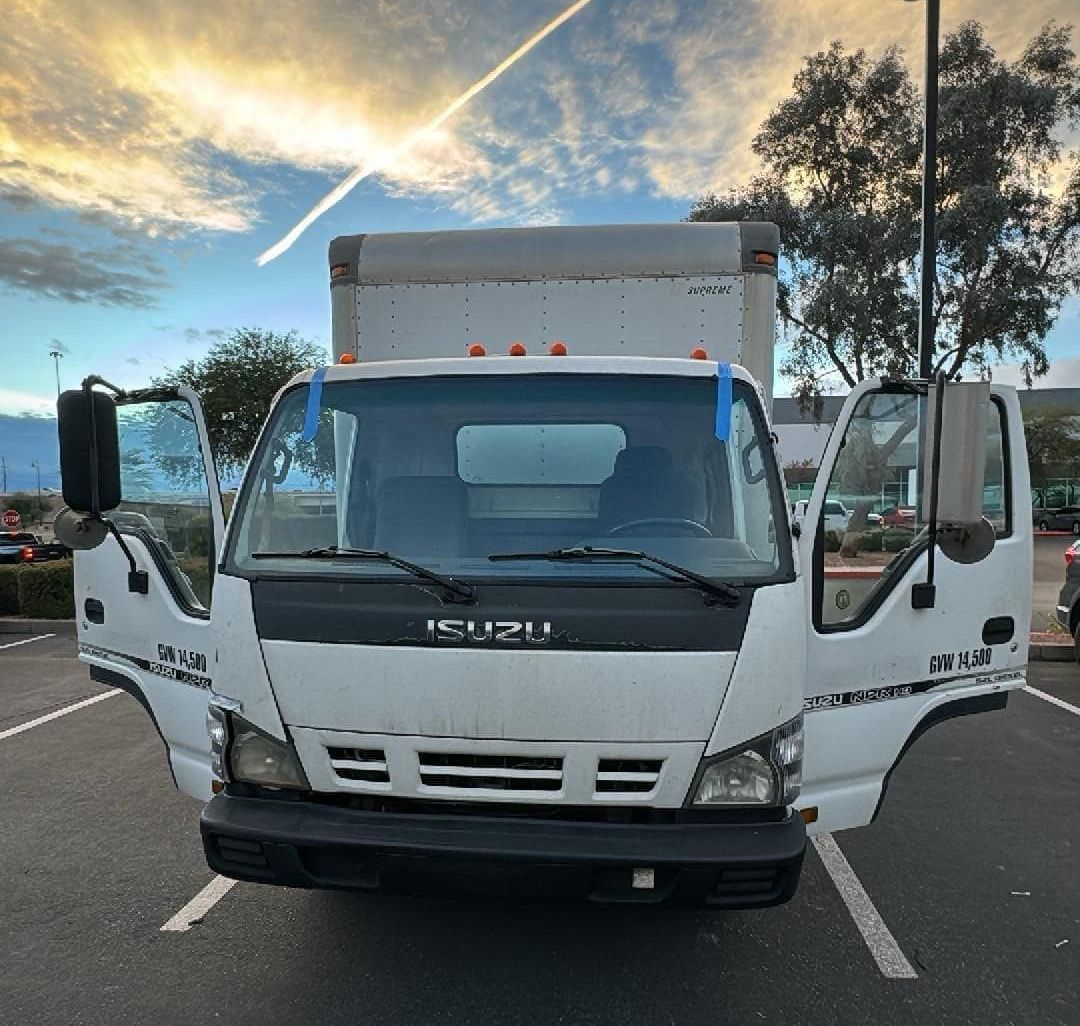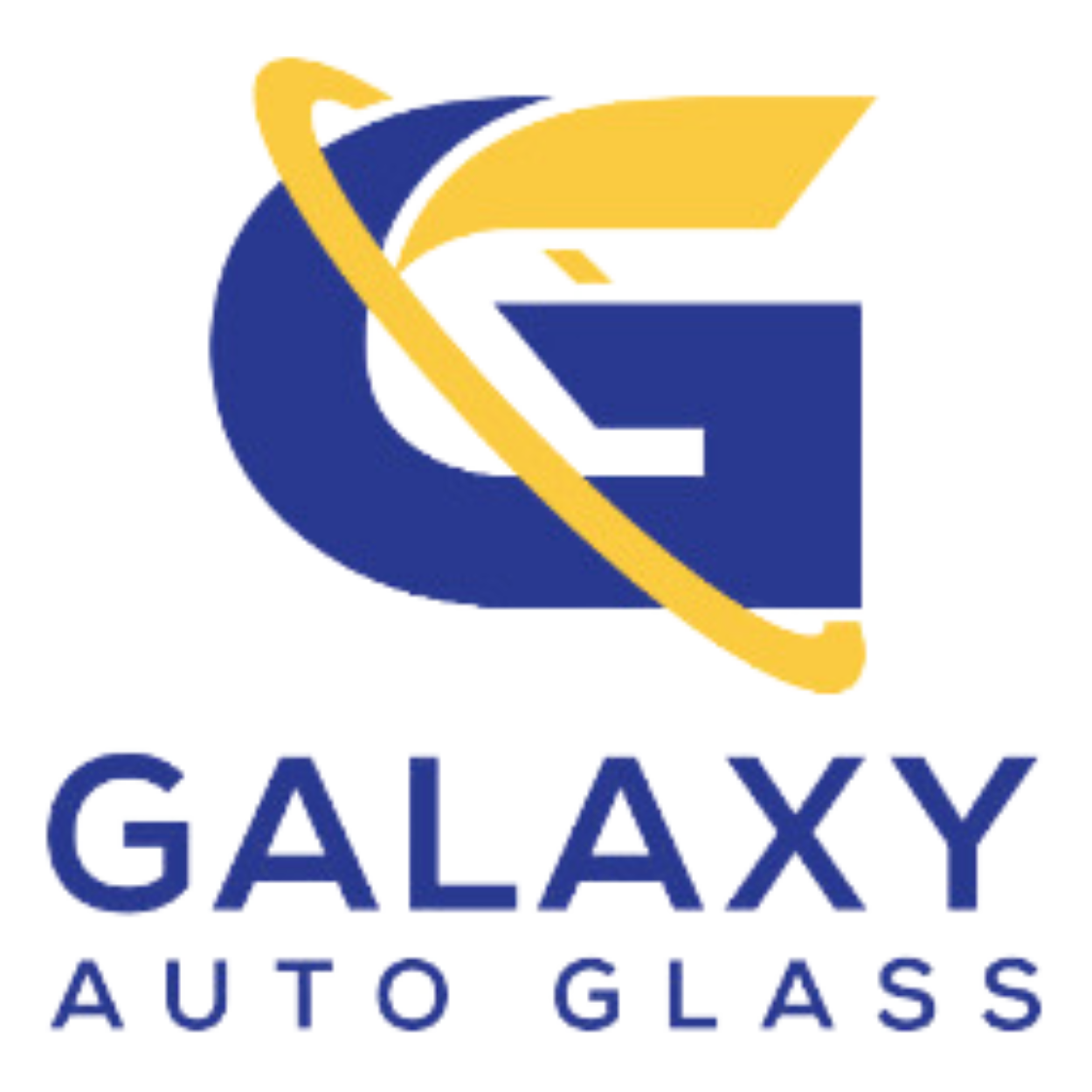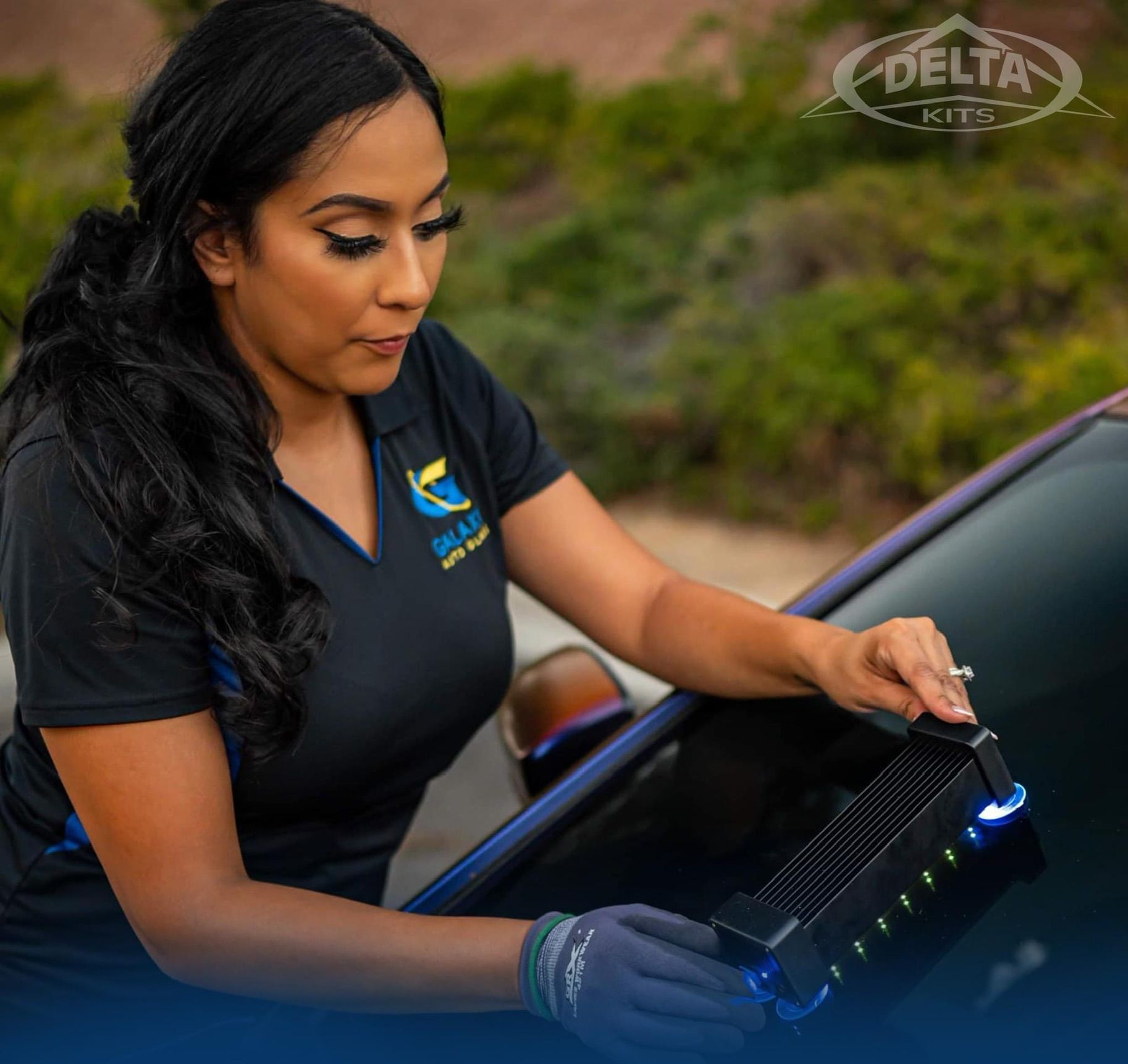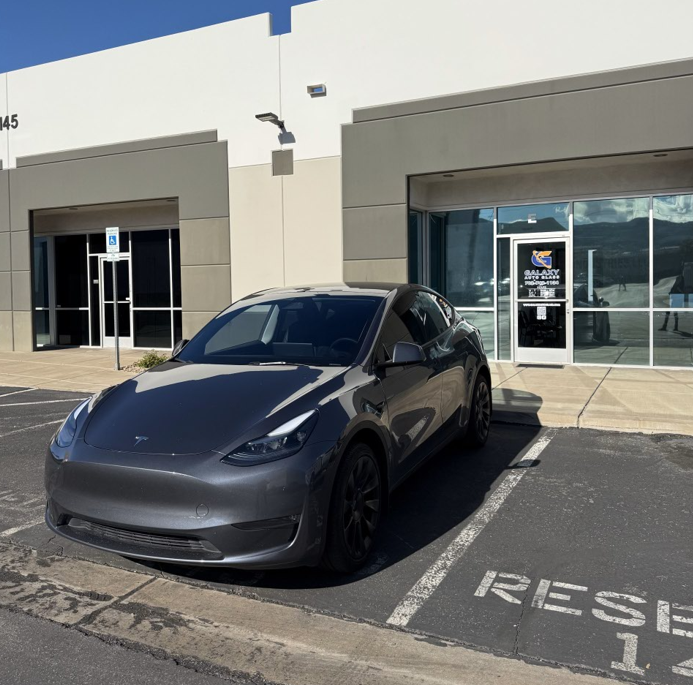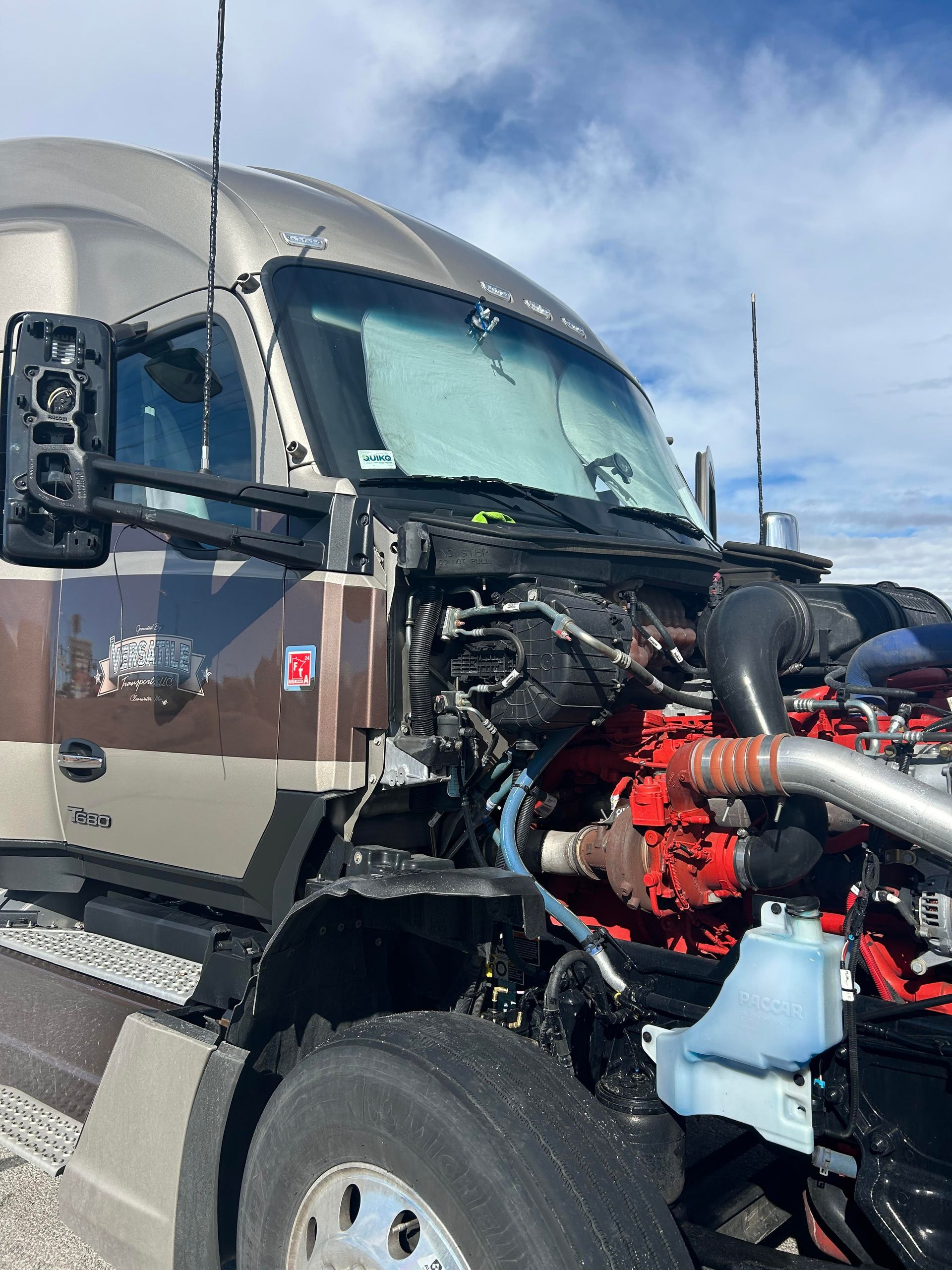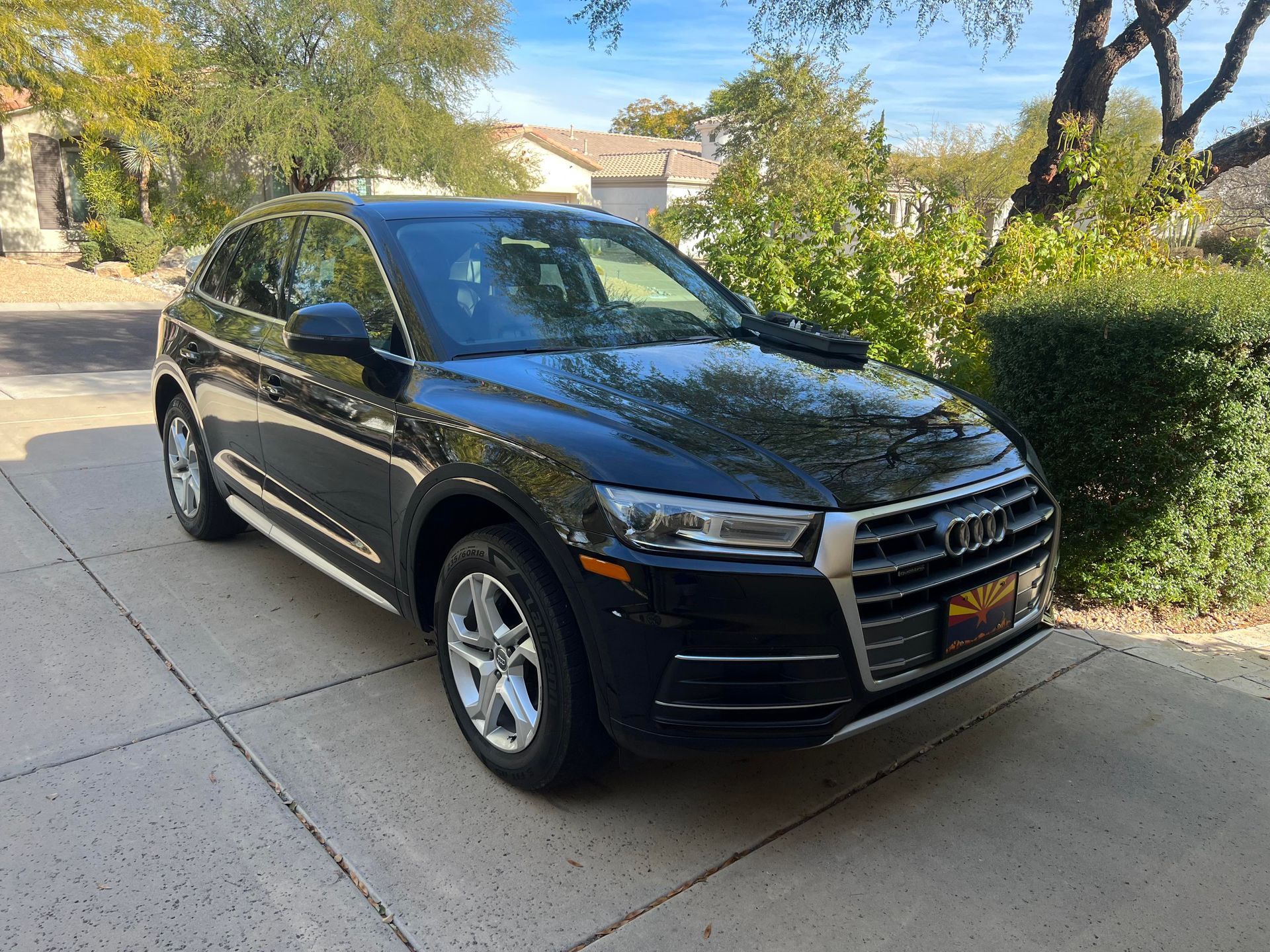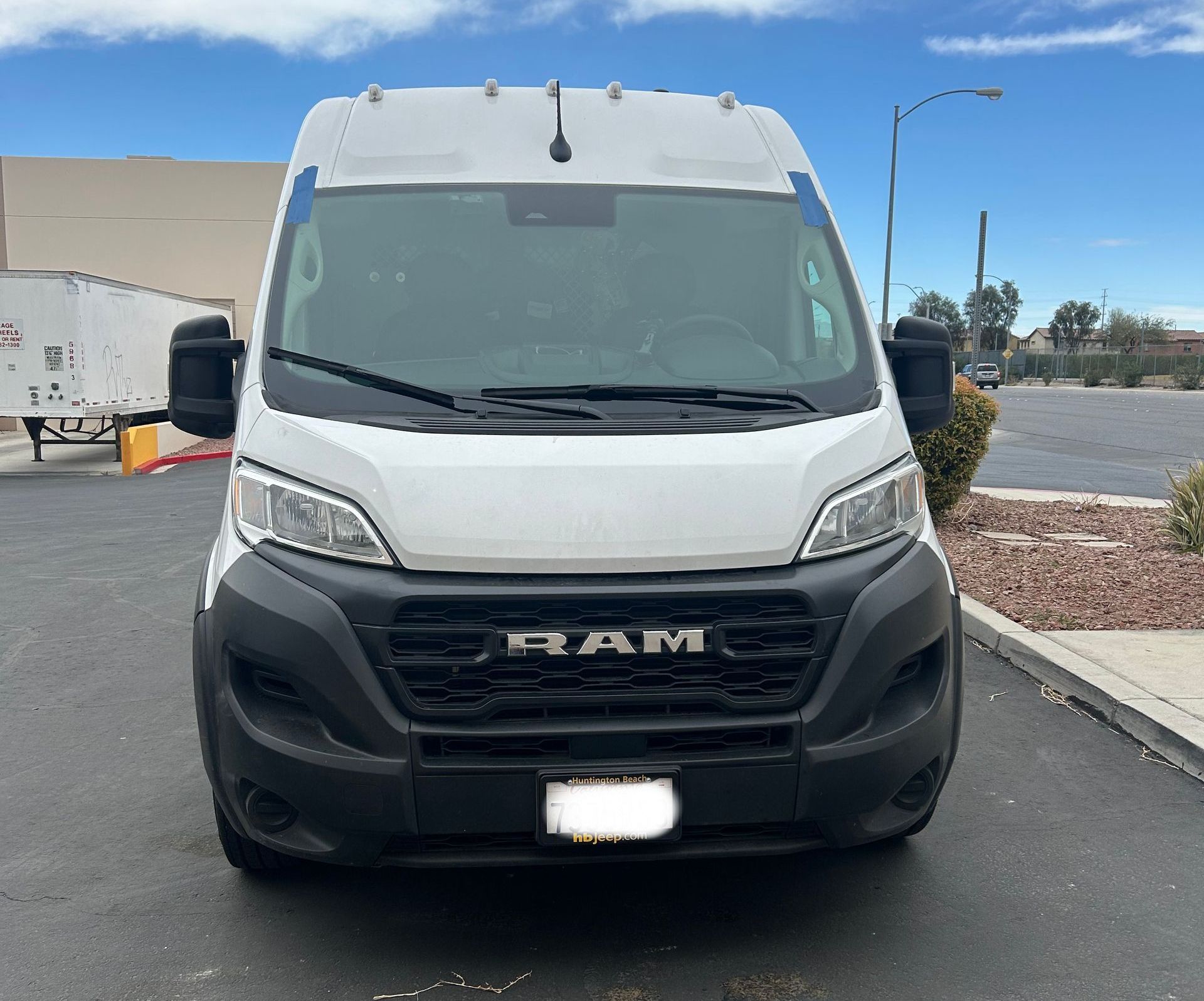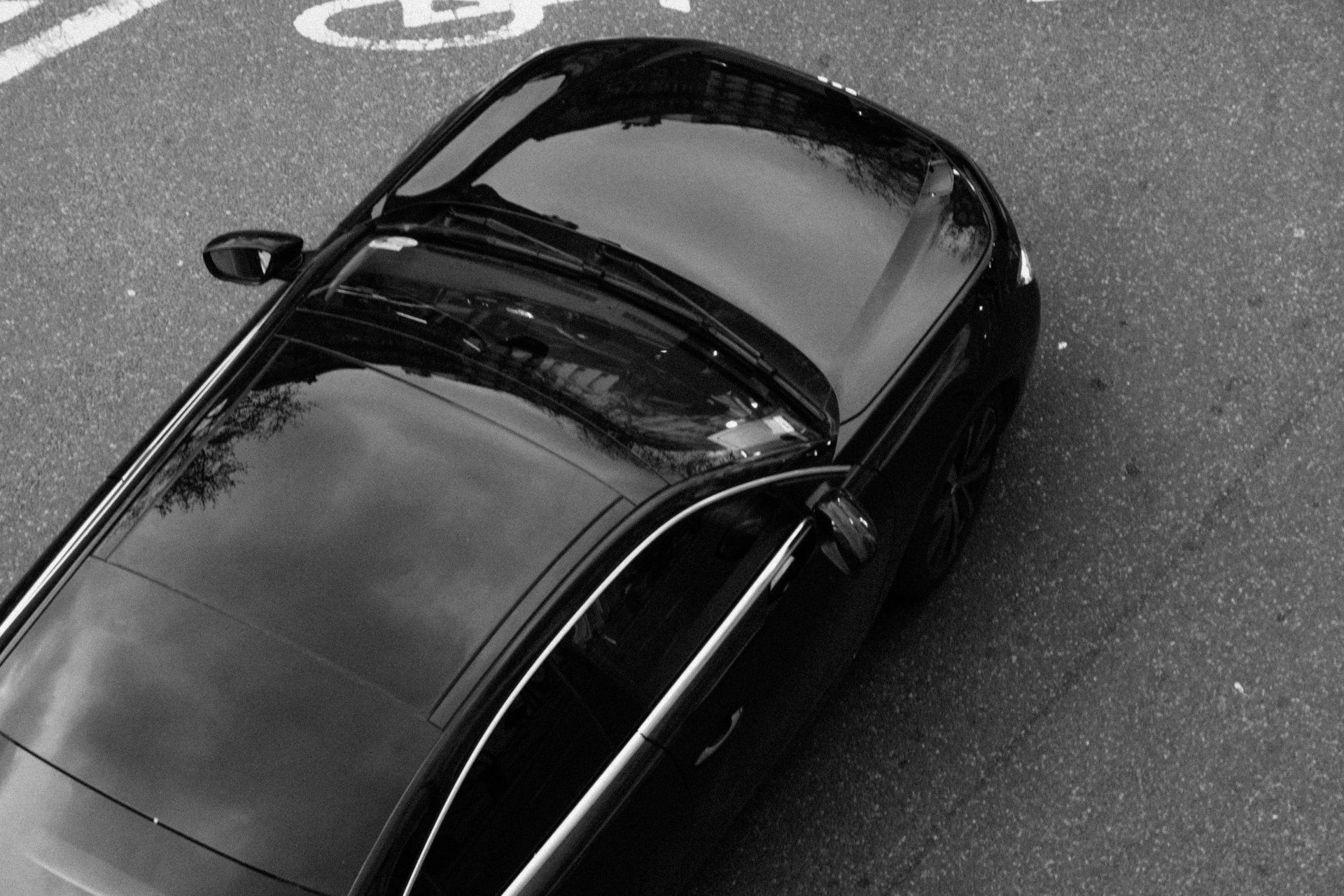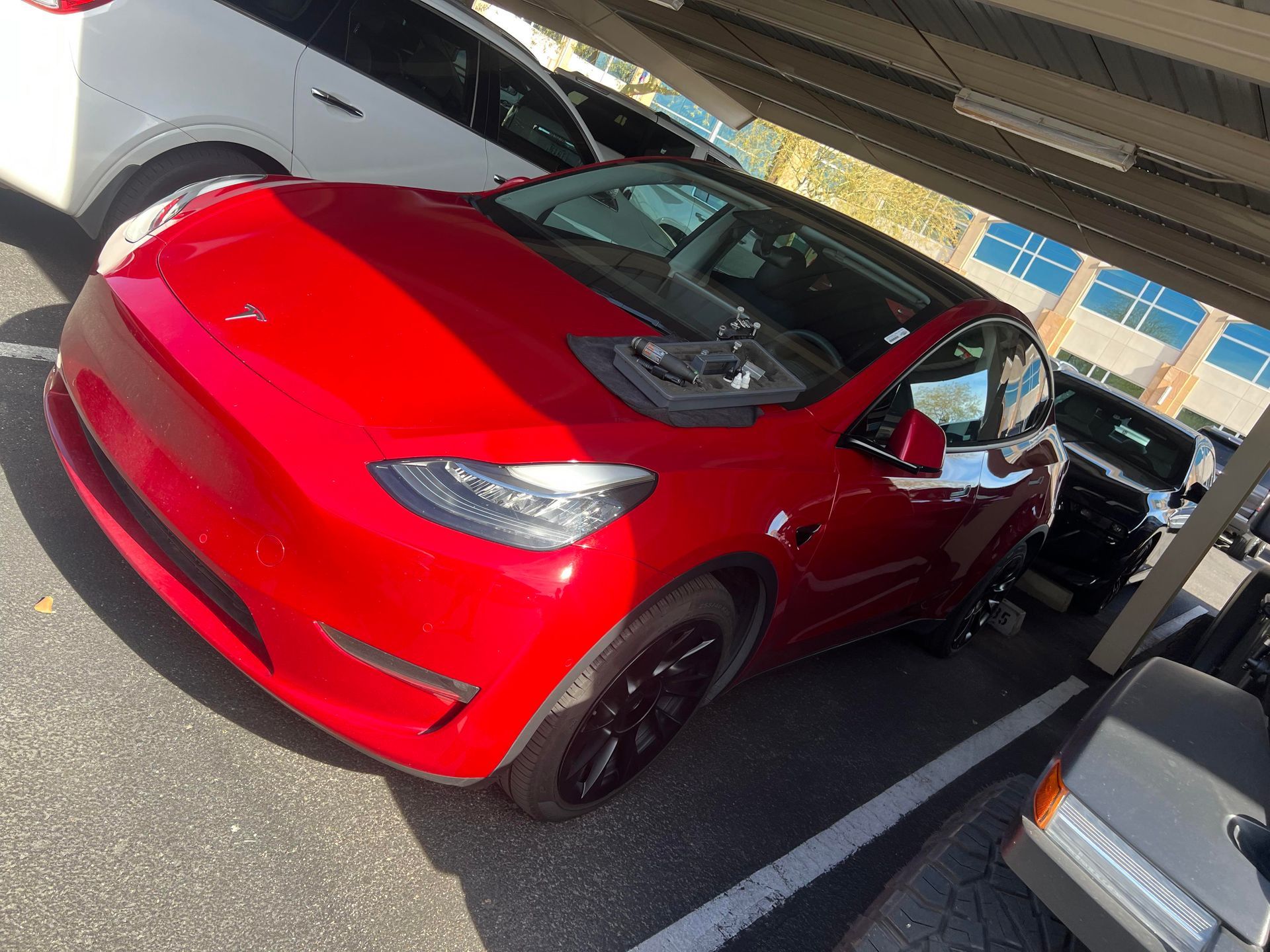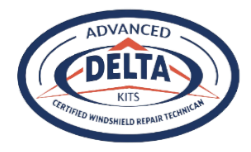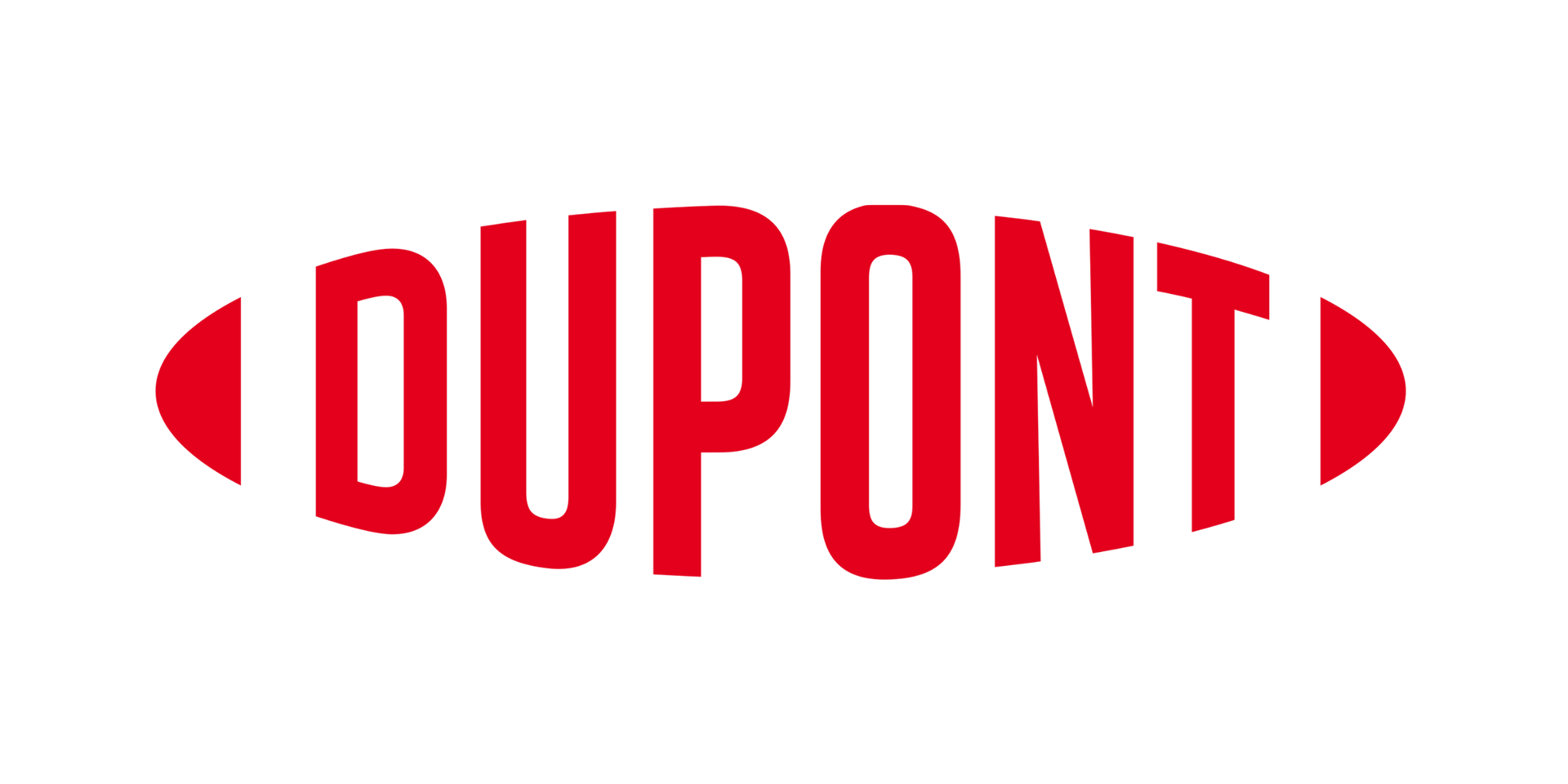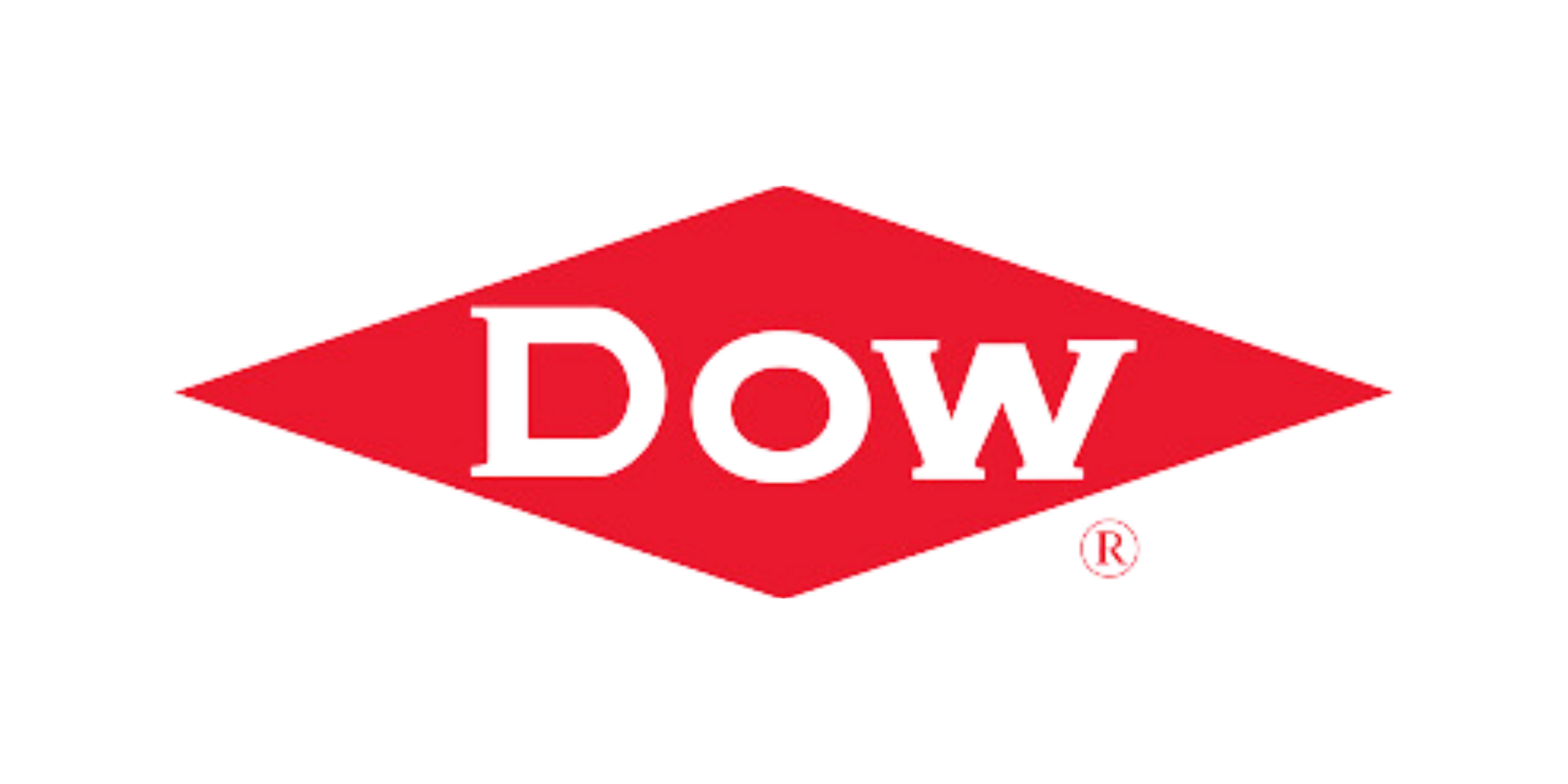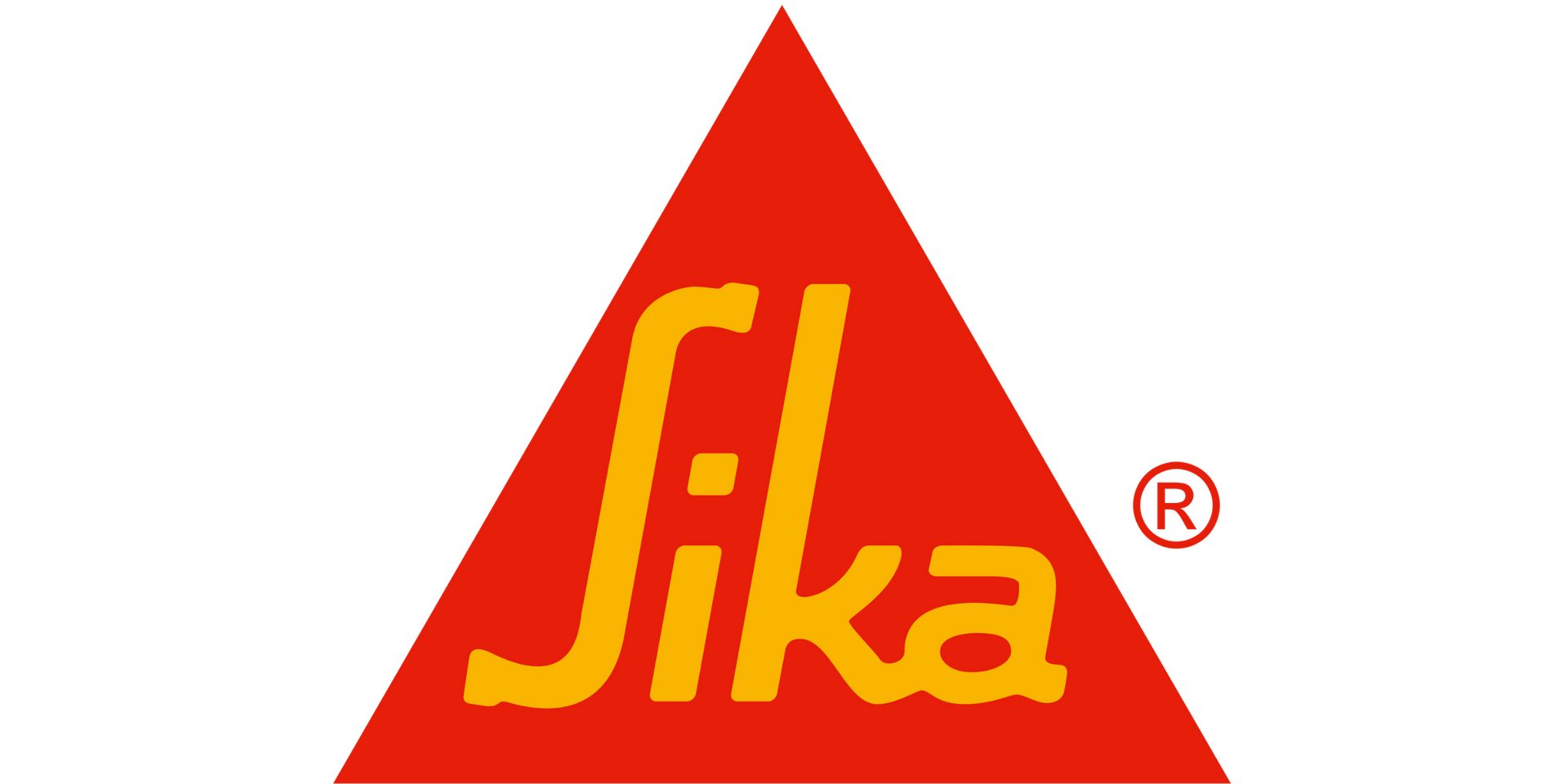Seasonal Auto Glass Tips for Delivery and Service Fleets
Tips for Protecting Fleet Vehicle Auto Glass Year-Round
Maintaining a safe and efficient fleet is essential for businesses everywhere, but this is particularly true for those operating in and around Las Vegas, NV. The region has unique climate conditions, and the city’s environment is mainly arid, with intense sun, occasional storms, and temperature fluctuations. All of these present specific challenges for auto glass health. Proactively addressing these seasonal changes can help ensure safety, reduce costs, and minimize vehicle downtime.
Spring: Prepare for Dust, Pollen, and Occasional Storms
Spring in the Las Vegas area is typically warm and dry, with dust storms and high pollen levels being common. Dust and debris can settle on windshields and side windows, impairing visibility. It’s important to regularly clean all glass surfaces using gentle, auto-safe cleaners that can remove dust without scratching.
Spring also marks the end of winter’s freeze-thaw cycles, meaning any minor chips or cracks should be inspected and repaired promptly. While freezing isn't a concern, temperature swings between daytime heat and cooler nights can stress glass, causing existing damage to worsen if neglected.
Occasional spring storms and dust storms can produce flying debris, which poses risks to fleet auto glass. Installing protective films or shields can add an extra layer of defense during these conditions. Conduct comprehensive inspections after storms to catch any damage early and prevent costly replacements later.
Summer: Protect Against Intense Sun and Heat
Las Vegas summers are notorious for scorching heat and UV exposure, often exceeding 110˚F. The intense sun and high temperatures can weaken auto glass over time, especially if there are existing chips and cracks. The expansion and contraction caused by temperature fluctuations can cause small damages to grow larger.
To combat this, ensure all fleet vehicles receive regular windshield inspections and promptly repair chips or cracks to prevent expansion. UV-resistant coatings for glass and sunshields can help reduce interior heat buildup and protect the glass from UV damage.
Flying debris from the road, like gravel kicked up by construction or other vehicles, is common in the desert landscape. Protecting glass with a film or keeping adequate following distances during dusty conditions can prevent cracks and chips caused by stray stones.
Lastly, proper maintenance of air conditioning and defroster systems is vital for driver comfort and safety. Keeping windows clean with UV-protectant cleaners enhances visibility, while regularly checking wiper blades ensures they are effective against summer dust and potential light rains during the monsoon season.
Fall: Prepare for Temperature Fluctuations and Debris
Fall in Las Vegas brings cooler evenings and daytime warmth, causing varying stresses on auto glass. Temperature swings between warm days and chilly nights can exacerbate existing chips and small cracks, leading to more severe damage if left unaddressed.
During fall, debris like fallen leaves and dirt accumulates on windshields, particularly during windy days. These can scratch glass if wiped harshly or cleaned improperly. Regularly inspect and gently clean windows using tools and products that won’t cause additional damage.
It’s also time to prepare vehicles for winter with preventive repairs before temperatures drop further. Address any existing chips or cracks promptly, so they don’t expand during cold snaps. Educating drivers about proper cleaning techniques, like avoiding abrasive materials, can help preserve auto glass integrity as the temperatures fluctuate.
Winter: Guard Against Cold, Wind, and Sandstorms
Although Las Vegas experiences mild winters compared to some regions, occasional cold fronts and windstorms can still impact auto glass. Cold nights cause expansion and contraction of glass, which can worsen minor chips, turning them into cracks or structural damage.
Sand and windstorms are not uncommon winter events, and blowing sand can scratch or abrade exposed glass surfaces. To protect against this, fleets should consider applying protective films or ensuring windshield shields are in good condition.
The shift from warm days to cooler nights can create stress on auto glass, especially if vehicles are exposed to outdoor elements for extended periods. Regular inspections before winter sets in allow for early repairs to prevent damage from worsening.
Furthermore, maintaining effective defrosters and anti-fog treatments is essential for clear visibility during colder, potentially humid days when moisture buildup inside the vehicle can impair driver safety.
For More Options, Visit Our New Summerlin, NV Location
Do you manage a service fleet or delivery vehicles in Las Vegas, Henderson, or Summerlin, NV? If so, and you would like to talk to a professional auto glass specialist, contact us at Galaxy Auto Glass. We can help you keep your fleet up and running while keeping your drivers safe.
